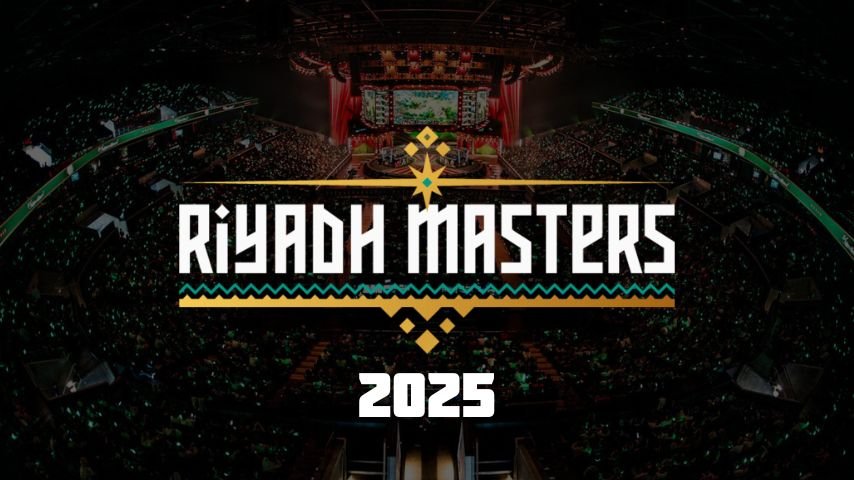In the high-stakes world of professional esports, where millions of dollars are contested and global audiences tune in, the finer details of tournament organization often come under microscopic scrutiny. While the spotlight typically falls on breathtaking plays and strategic masterclasses, sometimes the most basic elements can overshadow the spectacle. Such is the case at the Riyadh Masters 2025 Dota 2 tournament, where a seemingly minor physical arrangement has garnered significant criticism from the very professionals it aims to accommodate.
Dmitry “Korb3n” Belov, the discerning manager of the formidable Team Spirit, recently voiced his candid observations regarding the playoff stage setup at the Riyadh Masters 2025. His critique, shared via Telegram, centered specifically on the proximity of player tables on stage. According to Korb3n, the decision to place gaming desks “too close to each other” is, unequivocally, “a very bad decision.”
The Unseen Obstacle: Why Proximity Matters
One might wonder: how impactful can table placement truly be in an environment where players are immersed in a digital battleground? For professional esports athletes, every variable counts. Optimal focus, minimal distraction, and a sense of personal space are not luxuries but fundamental requirements for peak performance. Closely packed tables can lead to a cascade of issues:
- Auditory Interference: Despite noise-canceling headphones, the sound of an opponent`s frantic keyboard clicks or intense shouts can bleed through, creating unwanted distractions.
- Visual Disturbance: Peripheral vision, even when focused on a monitor, can pick up movements or screens of neighboring players, breaking concentration.
- Physical Discomfort: A cramped setup can restrict movement, contribute to fatigue, and simply make a player feel less at ease, impacting their ability to sustain high-level play over extended periods.
- Competitive Integrity: While not suggesting malice, any setup that subtly disadvantages players due to environmental factors raises questions about fairness and truly level playing fields.
A Chorus of Discontent, A Muted Response
Korb3n`s statement was not an isolated complaint. He revealed that approximately “90 percent of the teams from the playoffs were unhappy with this” arrangement. Such widespread dissatisfaction among the elite participants suggests a systemic oversight rather than an individual preference. Adding another layer of concern, Korb3n recounted participating in a “managers` conference in Discord” where these issues were presumably discussed. However, he concluded with a dose of stark irony: “unfortunately, everyone didn`t give a [expletive] about it.”
This dismissive attitude from organizers, as implied by Korb3n, is perhaps more unsettling than the physical setup itself. It underscores a critical disconnect between the operational execution of a major event and the fundamental needs of its star competitors. In an industry striving for mainstream recognition and legitimacy, neglecting professional feedback on such a pervasive issue is a misstep.
Riyadh Masters 2025: A Pivotal Event Under Scrutiny
The Riyadh Masters 2025 is far from a minor event. As a key tournament in the overarching Esports World Cup 2025 series, it boasts a substantial $3 million prize pool. Running from July 8 to 19 in Riyadh, Saudi Arabia, it represents a significant investment in the esports ecosystem. For an event of this magnitude, which positions itself at the forefront of competitive gaming, ensuring player comfort and an optimal competitive environment should be paramount, not an afterthought.
While the allure of large prize pools and grand stages undeniably draws viewership, the long-term health and credibility of esports hinge on the meticulous attention paid to the athletes. When players, who dedicate their lives to honing their craft, find their performance potentially hindered by basic logistical oversights, it serves as a stark reminder that even the most glamorous tournaments have room for improvement.
Korb3n`s critique is more than just a complaint about tables; it`s a call for organizers to actively listen to and prioritize the athlete experience. After all, a truly world-class tournament isn`t just about the money on the line, but the conditions under which that money is contested.

